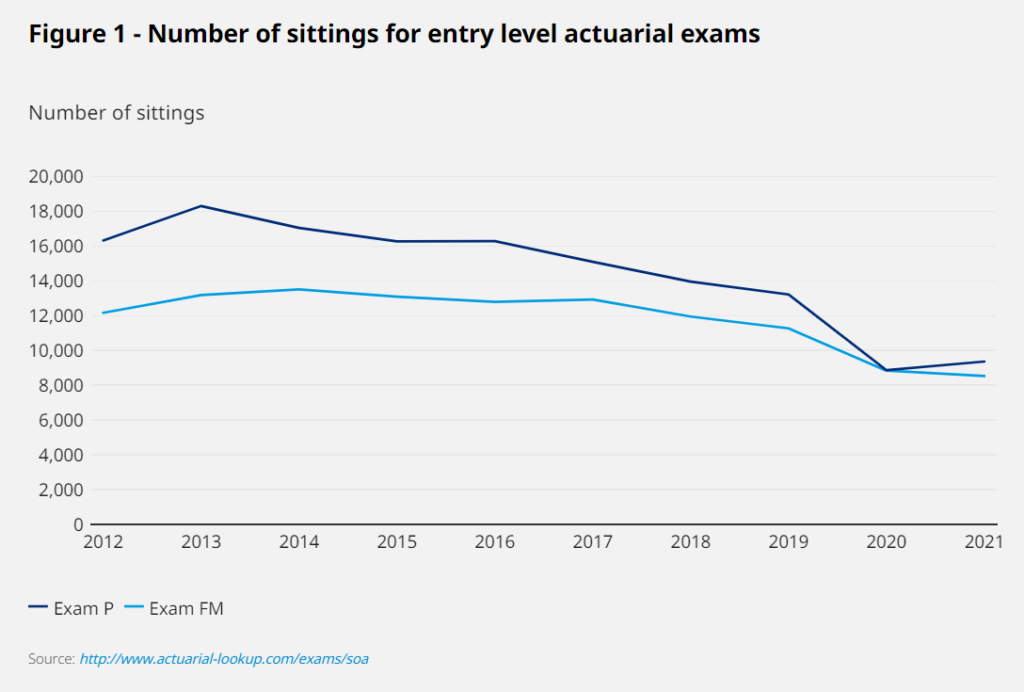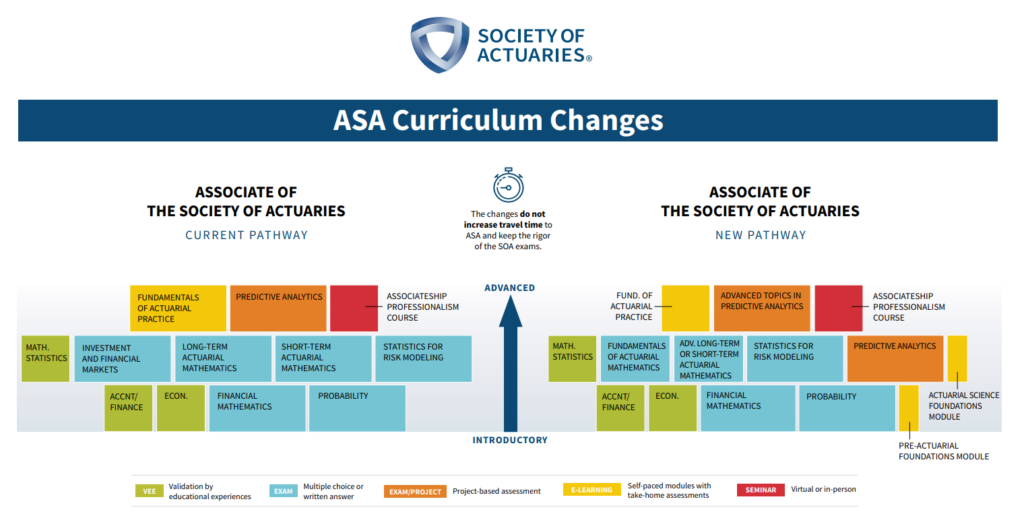Link: https://theactuarymagazine.org/volunteer-with-soa-education/
Excerpt:
As you begin (or consider) volunteering with Society of Actuaries (SOA) Education, you may have questions. As a long-time SOA Education volunteer and past general chairperson of SOA Education, perhaps I have answers that will help.
My volunteer journey began in 1993. I had just obtained my FSA when I got a call from SOA volunteer Bruno Gagnon, FCIA, asking if I wanted to get involved in SOA Education. It’s been an incredible journey of learning, support and networking since. I hope your volunteer journey is just as rewarding.
……
WHAT BENEFITS DOES VOLUNTEERING BRING?
The most interesting aspects of this endeavor are of a different nature. For example, the first privilege was to work with subject-matter experts who were highly regarded and respected in the industry and learn from them. This could be from a technical and leadership point of view. It was rewarding to see a group of volunteers with similar interests working together efficiently while having fun. The members had specific roles and would not hesitate to help their colleagues when needed. Over the years, SOA Education volunteers have shown they can adapt to change quickly. The adjustments that were put in place during the pandemic are a great example.A member volunteer can gain experience and look for opportunities to grow in their role and take on different responsibilities. The possibilities are diverse, allowing a member to become an expert in their role or a leader within the exam team, depending on their interests, skills and circumstances.
Having participated in all the possible levels within the SOA Education volunteer structure, I honestly can say the experience has been challenging at times—but always highly rewarding. I would relive the journey at any time, as I made very dear friends along the way.
Author(s): STELLA-ANN MÉNARD
Publication Date: Sept 2022
Publication Site: The Actuary, SOA

